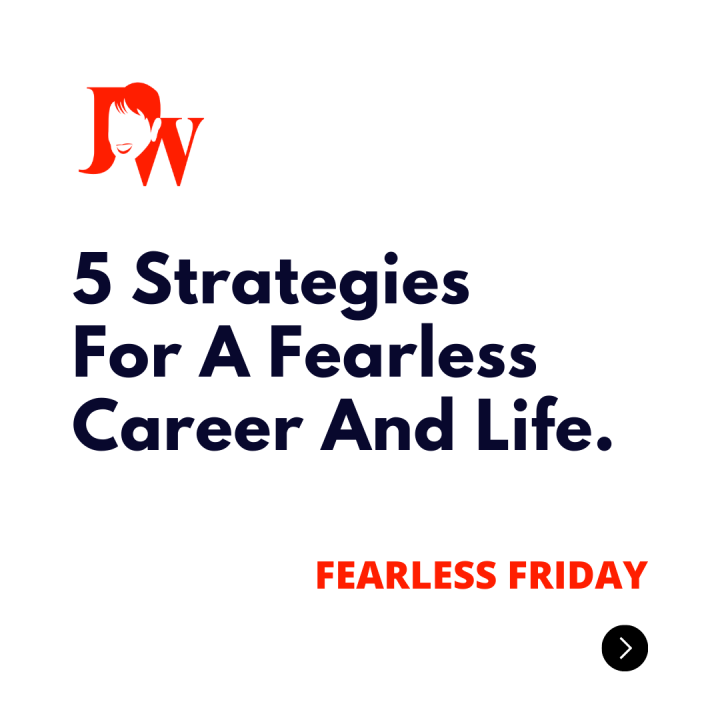The last two years have challenged us to think and act differently, and has caused a great deal of uncertainty, anxiety, and a need to redefine how we live our lives. The changes were dramatic as we adjusted to work from home, educating our children, and managing our health among many other adjustments that forced us to reflect on our priorities and how to make work and life simpler, which was not always easy to do.
Employee mental and emotional wellbeing was already a major consideration before COVID. The last two years simply amplified it and contributed to more burnout, exhaustion, resignations, and depression. Those who successfully navigated these challenging times were seen as more resilient, and one of the greatest gifts is to reflect on how resilient you really are by looking back at the experiences and learning how to handle the disruptions and lower your stress levels. Being resilient helps you achieve emotional balance because you know how to put things in perspective.
The figures are impressive. 60% of adaptive resilient people are less likely to experience burnout. 31% are more engaged at work. 50% have less stress related productivity issues. Resilience is one of the core capabilities of successful people.
So how do you build your resilience?
STRATEGY 1
READ Read How Did You Handle The Last Two Years?
Anxiety levels went through the roof during the last two years. Fear of catching the virus. Fear of losing life. Fear of losing our jobs. Fear of losing our minds to name a few. The fear of the unknown and the uncertainty of when it will all end created massive disruption in our ability to respond positively to a crisis that was unlike anything we had ever encountered. During this period, if we were resilient, we developed a tolerance for uncertainty that was highlighted by our ability to reset priorities and deal with changing forces that were beyond our control.
STRATEGY 2
LISTEN to Dr. Russell Thackeray’s interview on Perseverance and Resilience
Jeff Martinovich has had many dark days but, when he looks back on the things that happened, he feels the key to getting through was perseverance and resilience. He thinks you have to dig deep to find strength you maybe don’t know you have so you can find a way to keep fighting and grow so you can deal with even bigger challenges.
STRATEGY 3
WATCH “Don’t chase happiness. Become antifragile” with Tal Ben Shahar
Antifragility is the idea of putting pressure on a system, or human, the system or human actually grows bigger and stronger. Antifragile systems are all around us. One example of this is our muscular system. We go to the gym to lift weights. By doing so we are putting pressure on our system to help it grow stronger. The human body is an antifragile system. From a psychological perspective, antifragility comes in the form of PTG, or post-traumatic growth. After we experience a stressful event, we learn and grow to become more resilient.
STRATEGY 4
READ Antifragile: Things That Gain From Disorder by Nassim Nicholas Taleb
Just as human bones get stronger when subjected to stress and tension, and rumors or riots intensify when someone tries to repress them, many things in life benefit from stress, disorder, volatility and turmoil. Taleb identifies this as ‘antifragile’. A category of things that not only gain from chaos but need it in order to survive and flourish.
STRATEGY 5
REFLECT How have you become more resilient in the last two years?
1. What obstacles, failures, distress, hurdles, and/or challenges did you face? What unpleasant or negative feelings did you have during that time?
2. How did you handle that event/situation? And how were you able to eventually bounce back?
3. What actions did you take (or not take) that helped you come through that situation?
4. What actions did you take (or not take) that helped you come through that situation?
5. What past experiences did you draw on that helped you come through that situation?
The last two years have been life changing.
If you need help on becoming more resilient reach out and set up a time for a no-obligation chat with me.
If you enjoyed reading these strategies or find them helpful let me know.

